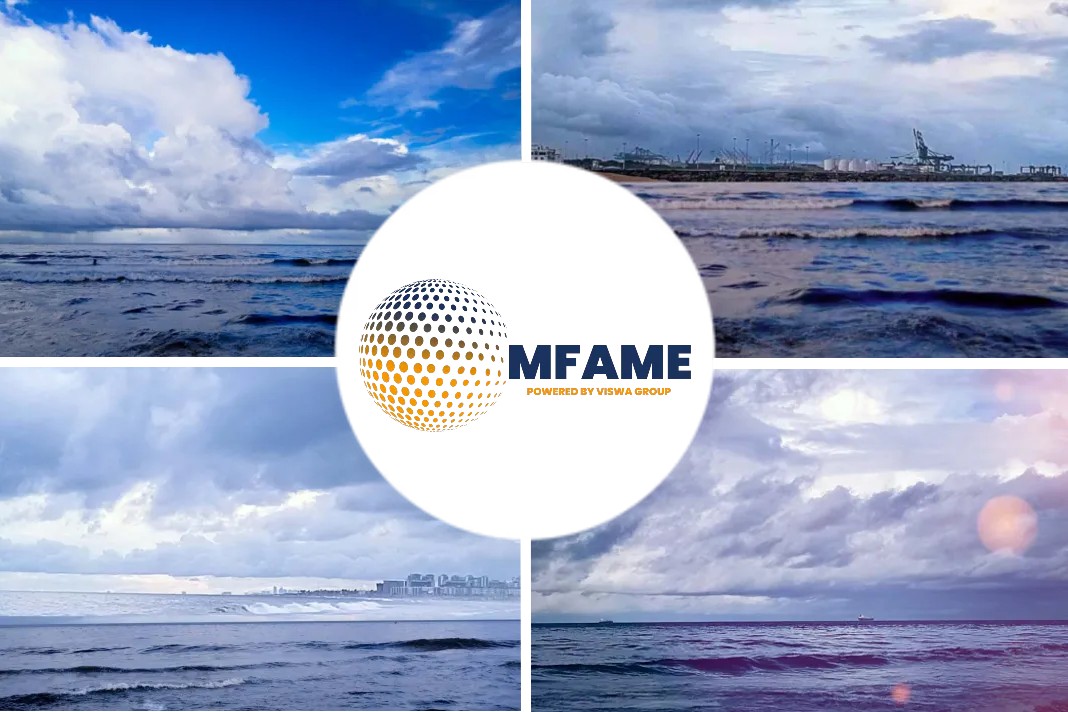EVOL LNG announced that, after having completed the first Australian commercial LNG bunkering for Woodside in Western Australia’s north‐west, on 23 January 2017, just completed the first LNG bunkering at Fremantle Port, on 19 February 2017.
Under an agreement with Woodside, EVOL LNG successfully refuelled the platform supply vessel, Siem Thiima, on 23 January at King Bay Supply Base near Dampier. Business Manager, Nick Rea sees it as just the beginning:
“Our decision to enter the LNG bunkering market is part of a long‐term strategy that recognises environmental and economic sustainability of LNG as a transport fuel. With growing demand for lower emission fuels over the past decade, we’ve seen the number of LNG‐ fuelled ships in operation worldwide increase steadily from a handful to more than 75, with an additional 80 expected to be built in the next three years”.
Mr Rea noted that growth had largely been driven by International Maritime Organisation (IMO) regulations and the introduction of emission control areas in Europe and North America. In addition, China has introduced emission control areas around its three major ports.
“Interest in LNG as a marine fuel is growing, especially since the IMO announced that it would introduce a global marine fuel sulphur limit of 0.5 percent from 2020,” he said. “LNG is a cleaner fuel than marine diesel, emitting 25 per cent less carbon dioxide, less nitrogen oxides and almost zero sulphur oxides and particulates, which largely addresses emission concerns for the shipping industry and avoids expensive and complicated scrubbing systems”.
Furthermore, Rea explained that, as emission reduction efforts continued to become more important globally, including in Australia, the adoption of LNG as a low emission marine fuel was expected to increase accordingly.
“It’s certainly an offering we’d like to expand, particularly as truck‐to‐ship LNG bunkering can be achieved relatively inexpensively with existing logistics assets. If interest is there, EVOL LNG will obtain licences from other major Australian and regional WA ports to conduct LNG bunkering operations, and look at investing in infrastructure to meet the market’s needs.”
Mr Rea added that EVOL LNG would be able to supply Fremantle customers with LNG at a price competitive with low‐sulphur marine diesel and would be able to refuel ships at up to 45 tonnes per hour, which is comparable to traditional bunker fuels. EVOL LNG secured its second major Australian port bunkering licence from Pilbara Ports Authority, permitting LNG bunkering at King Bay Supply Base and transport through the Port of Dampier. This followed its first licence from Fremantle Ports in July last year.
Did you subscribe for our daily newsletter?
It’s Free! Click here to Subscribe!
Source: EVOL LNG






















